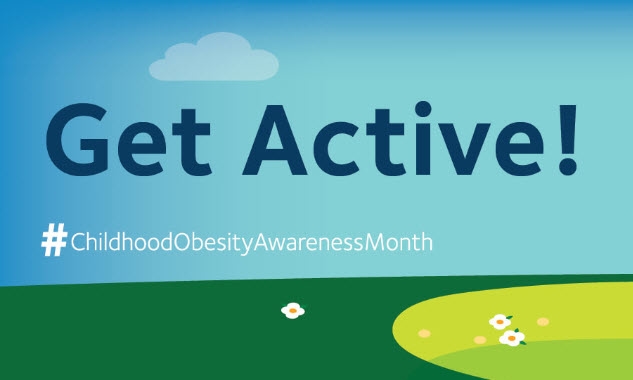When Do Children Need Eye Exams?
Sep 2, 2022

Eye doctors recommend that children have their first eye exam at age 6 months. If you’ve missed that milestone, however, it’s not too late to have your child’s vision checked. Adventist Health providers share tips for ensuring your little one develops healthy vision.
Early intervention
“It’s important not to delay comprehensive eye exams, performed by an optometrist, because some early eye problems can affect vision for life,” saysEmmalena Boyd, OD, an optometrist at Adventist Health Clear Lake. “Finding a problem early can keep a minor issue from becoming something bigger.”
Left undiagnosed, conditions or abnormalities can lead to vision loss. However, it’s possible to reverse some problems if they’re identified early, saysMatthew Hileman, OD, an optometrist at Adventist Health Clear Lake.
“A classic example is lazy eye. Kids with this condition have one eye that is weaker than the other,” Dr. Hileman says. “This typically responds well to treatment, which can include use of an eye patch, eyedrops or glasses.”
For children who don’t have risk factors or evident eye problems, Dr. Boyd recommends a comprehensive eye exam by age 1, again around age 3 and right before starting school at age 5 or 6.
What to watch for
Vision issues are not always obvious, especially in children who have a hard time communicating what’s wrong. If you notice that your child has delayed motor development, makes minimal eye contact, rubs or blinks eyes excessively, or does not like having one eye covered more than the other, visit an optometrist or ask your child’s pediatrician for a referral.
4 ways to encourage healthy eye development
- Boost visual engagement from a young age.Playing games such as peekaboo and patty-cake can help stimulate hand-eye coordination for babies.
- Offer a well-rounded diet.Nutrients such as zinc, lutein, omega-3 fatty acids, and vitamins A, C and E have been found to bebeneficial for eye health. Try incorporating more fish, leafy greens and eggs into your child’s diet.
- Limit the use of screens.Continuously viewing digital screens can cause eyestrain. Put a cap on your child’s screen use, such as one hour per day, and encourage them to take a break every 20 minutes to rest their eyes.
- Don’t skip eye exams.If you or your pediatrician suspects that your child has a vision problem, make an appointment with an eye doctor for additional screening.


